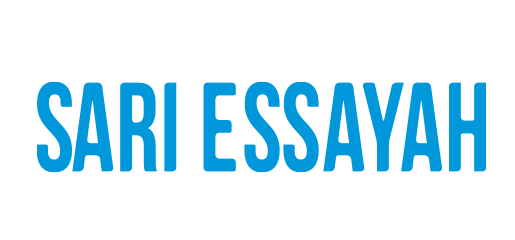Sari Essayah calls on Turkey, currently undergoing accession negotiations with the EU, to improve the protection of human rights. In particular, the rights of religious minorities should be protected to a higher standard.
According to Essayah, ”One of the prerequisites of EU membership is, and should be, that all discrimination against minorities should be stopped and international human rights conventions complied with. In this regard, Turkey must make improvements.
For example, Orthodox Christians have suffered discrimination and there may only be some three thousand of them left in Turkey. In particular, Sari Essayah wants Turkey to safeguard the position of the Ecumenical Patriarchate of Constantinople.
”Seen from the point of view of a Western State where the rule of law prevails, it is incomprehensible that legislation should require Orthodox priests, bishops and the Patriarch to be Turkish nationals. The Turkish State must recognise that the Patriarch is the head of the worldwide Orthodox Church.. This situation means that it must be possible for the Patriarch to be chosen from any of the member churches. The Finnish Orthodox Church is also a member of the ecumenical patriarchate
”Turkey must bring the protection of property up to Western standards. Property illegally seized from the Patriarchate – especially churches – must be returned and training of priests must be preserved. Halki seminary must be permitted to open, so the interpretation of the law on private colleges must be altered. It must be possible for Christians to obtain permanent visas without discrimination.
”Unless human rights improve very soon in Turkey, Turkey’s development towards a State where the rule of law prevails in compliance with Western standards will be jeopardised, and in that case it would remain impossible to conceive of the country’s acceding to the European Union.
If Turkey were to genuinely introduce the rule of law, safeguarding the human rights of the Christian minority, this would set an example to other countries with Muslim majorities. Turkey must choose its path in this matter, urges Sari Essayah.
MEP Sari Essayah is a member of the European Parliament’s delegation to the Euro-Mediterranean parliamentary assembly and promises to follow the human rights situation in Turkey closely.
”The values upheld by the Christian Democrats include the value of human beings as created by God as unique individuals and members of a community and their inalienable human rights. We do not accept discrimination in any form.”
The EU has also on several occasions condemned human rights violations, wherever they have occurred.
”As Christians, we protect the religious freedom of muslims within the EU. Similarly, countries with Muslim majorities should guarantee full rights for Christians to worship and serve God in accordance with their faith and to freely proclaim the foundations of their religion.”
According to Ms Essayah, freedom of religion should not be compromised but rather safeguarded with the utmost care.

